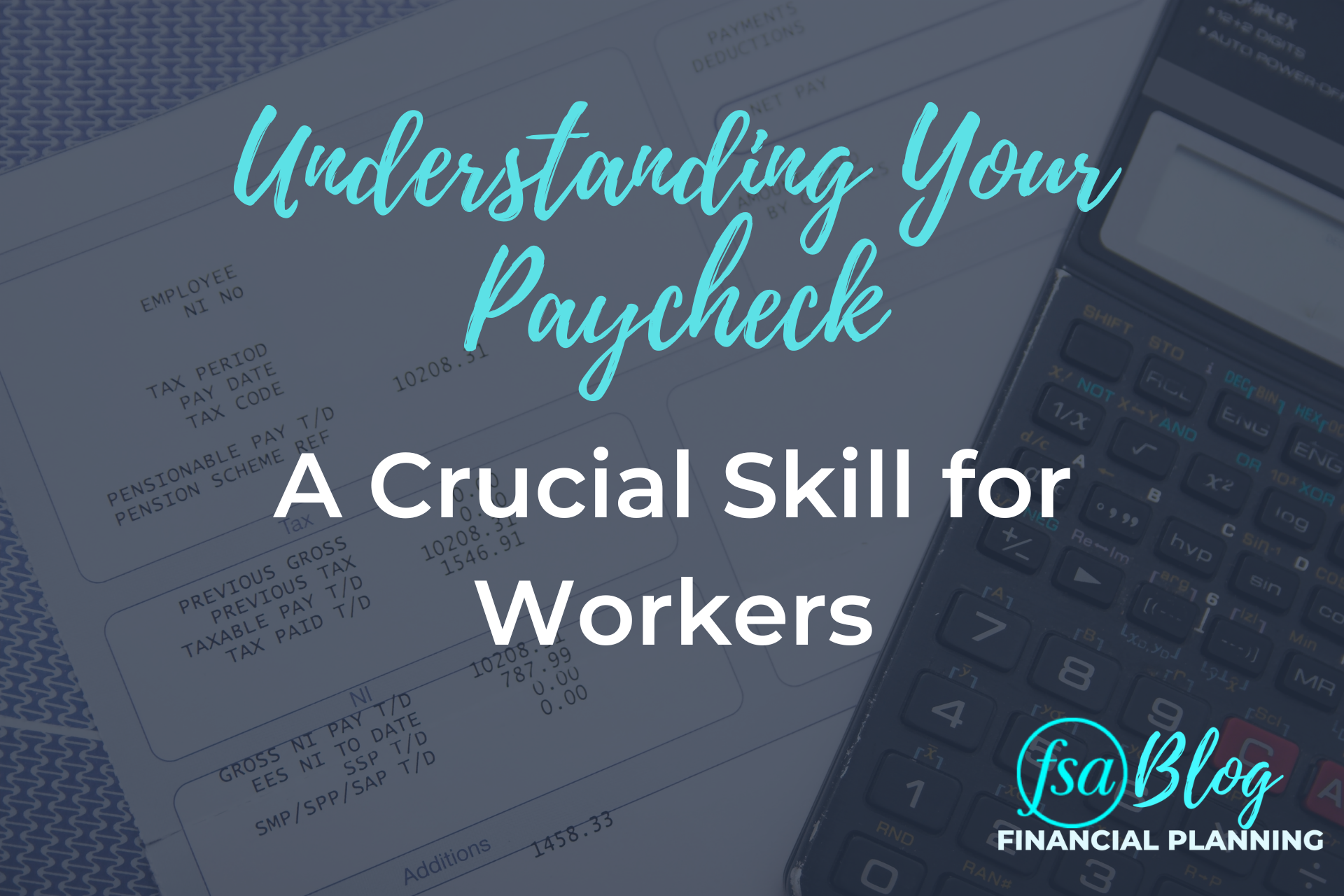Growing up, it always seemed like $1 million was more than enough money to fund the rest of your life and live on easy street. In fact, it was common to hear proverbs that $1 million is what it took to be considered “wealthy.” There is a certain allure to reaching millionaire status. While $1 million is still a lot of money, is it enough to be considered wealthy?
If you pay attention to the news, you may have heard about the inflation scares as we emerge from the pandemic. Over time, the rise in the cost of goods and the decrease in purchasing power of every dollar has changed the dynamics of being a millionaire. The year 1960 was around the time that having a million dollars became the popular threshold for entering the status of affluence. Having $1 million in 1960 would equate to having about $9 million in the bank today after accounting for inflation. From 1960 to 2021, inflation averaged 3.69% per year. Although, it is worth mentioning that the period of 1974-1984, where inflation averaged 8% per year, skews the mean. From 2000 to 2021, inflation averaged a mere 2.15% per year, much below the long-term standard. Nonetheless, inflation has diminished the number of goods that $1 million could buy. As purchasing power lessens, the threshold to become affluent rises. If interested, you can use this calculator to see the impact on purchasing power by utilizing historic inflation data.
In Schwab’s 2021 Modern Wealth Survey, respondents said to be considered wealthy you must have a personal net worth of $1.9 million or more. That is a 90% increase from the original million-dollar mark. Interestingly, the $1.9 million threshold is a step-down from the 2020 survey results in which $2.6 million was needed to be considered affluent. Many attribute this decrease to the pandemic since the 2020 survey was completed before the COVID-19 outbreak. In the Federal Reserve’s 2019 Survey of Consumer Finances, they gathered that the mean net worth of American families is about $748,000 (the median is $121,700.) Thus, the respondent’s starting point for wealth represents more than double the average net worth of U.S. households.
At FSA we do not believe being “wealthy” is the only important factor. In the Schwab survey, the threshold for being financially happy and comfortable starts at $1.1 million and $624 thousand, respectively. It may be safe to say you do not need to be wealthy to feel financially at ease. We believe each person’s investment portfolio needs are unique and determined by their specific lifestyle. There are people on one end of the spectrum that are frugal, and all their goals could be funded by a million-dollar portfolio (or less) combined with Social Security benefits. On the other end of the spectrum, there are people with extravagant lifestyles that need multimillion-dollar portfolios to meet their retirement goals.
Regardless of the number of zeros in your investment accounts, you can still live an affluent life. Being wealthy does not just equate to the amount of Benjamin’s in your bank account. Having healthy, meaningful relationships with family and friends, traveling, experiencing other cultures, and more freedom (time) are alternative facets of life that can truly make you wealthy. You can always make more money, but it is harder to make more relationships, experiences, memories, and time.
At FSA we strive to give clients peace of mind. Our goal is to hear you say confidently, “I’m glad I don’t have to worry about it anymore.” We believe this is necessary to achieve a wealthy life. We are happy to have these conversations and help define what living a “wealthy” life means to you. If you have any questions or know someone that could benefit from having this discussion, do not hesitate to contact us at Questions@FSAinvest.com.
FSA’s current written Disclosure Brochure and Privacy Notice discussing our current advisory services and fees is also available at https://fsainvest.com/disclosures/ or by calling 301-949-7300.




